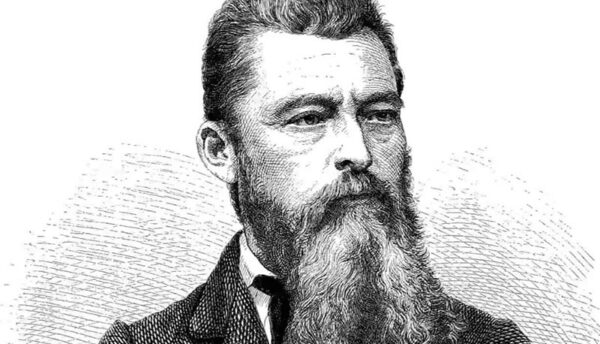Roberto Finelli
Università degli Studi di Roma Tre (roberto.finelli@uniroma3.it; Orcid: 0000-0003-1444-4756)
Abstract: The purpose of this essay is to critique the traditional interpretation of Ludwig Feuerbach’s philosophy as belonging to the materialist and anti-idealist tradition. Instead, the author argues that underlying Feuerbach’s anthropology is a metaphysics of ‘Genus’ (Gattung in German) conceived as an organic and communitarian universality. Behind Feuerbach’s apparent materialism and sensualism lies a spiritualist doctrine of essence, according to which human beings participate in principle in a common life in which individuals integrate and add up their differences without conflict and opposition. According to the author, many of the limitations of Karl Marx’s anthropology of communism and the identification of the working class as the bearer by definition of a universal spirit and interest are derived from this conception of the ‘common’ essence as universal, original and immediately present. That is to say, an idea of communism that was too extreme and dogmatic in its valorisation of the ‘common’ and the ‘equal’, with little concern for individuality and difference.
Keywords: Materialismus; Anthropocentrism; Alienation; Sensualismus; Gattungswesen.

